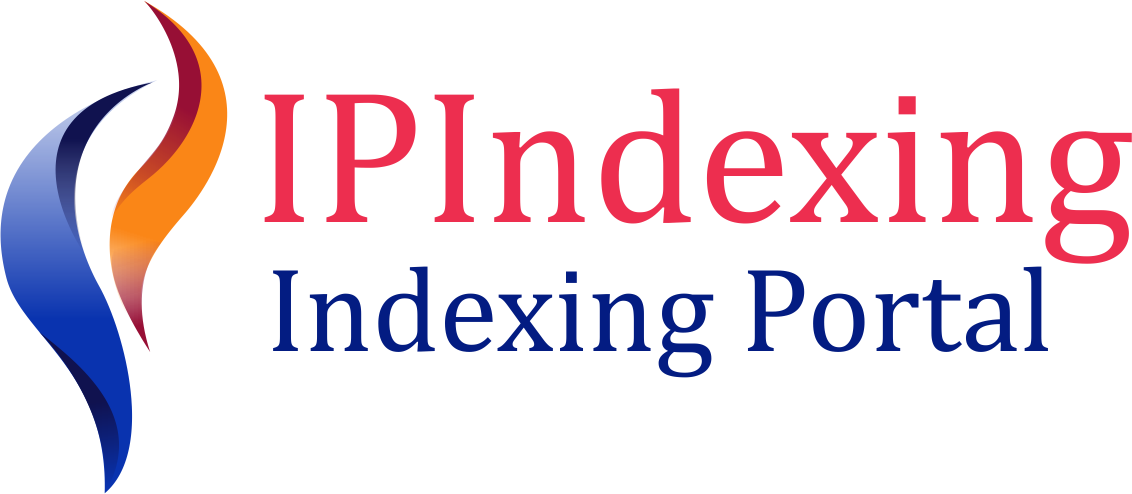Statistical Approach: Understanding the Effects of Preview, Question, Read, Reflect, Recite, Review (PQ4R) on Academic Achievement of Students in English
DOI:
https://doi.org/10.71330/thenucleus.2018.246Abstract
English is an international language, but still many countries (where English is a second language) are facing problems in academics. Whereas, Urdu is the national and most common language in Pakistan, so it is hard for students to get a good command on the subject of English. Additionally, reading comprehension is also a major issue with Pakistani students, as their teachers are unaware of the cognitive and metacognitive strategies to make learning interesting and long lasting. The recent study has been conducted to compare the effectiveness of PQ4R on the academic achievement of students in the subject of English. The sample constituted total hundred students; including fifty boys and fifty girls, studying in Telecom boy’s school and Telecom girl’s school, respectively. A statistical approach with pre-test and post-test through Cronbach alpha; 0.76 and 0.79, respectively, was used to evaluate PQ4R strategy on 10th grade students. The statistical output revealed that PQ4R strategy improved the performance of high achievers as well as low achievers among the targeted sample.References
F. Shamim, "English as the language for development in Pakistan: Issues, challenges and possible solutions", H. Coleman (Ed.), Dreams and Realities: Developing Countries and the English Language pp. 291-309, 2011.
S.I. Pramling, "The contribution of early childhood education to a sustainable society", UNESCO Report, pp. 1-135, 2008.
E.L. Thomas and H.A. Robinson, "Improving reading in every class, A Sourcebook for Teachers", Ellen Lamar Thomas and H. Alan Robinson. Boston: Allyn & Bacon, pp. 479, 1972.
M. Rodli, "Applying PQ4R strategy for teaching reading", Indonesian EFL Journal: Journal of ELT, Ling. Lit. vol. 3. pp. 31-41. 2015.
Y. Cahyani, "The effect of the implementation of PQ4R indirect instruction of reading comprehension at SAMN I KERJO Karanganyar", Unpublished Thesis, Malang: Undergraduate Program in English Language Education, University of Muhammadiyah Malang, pp. 1-11. 2005.
A.C. Maffei, "Reading analysis in mathematics", J. Read. vol. 16, no. 7, pp. 546-549. 1973.
R.A. Pelow and H. M. Colvin, "PQ4R as t affects comprehension of social studies reading material", Social Stud. J. vol. 12, pp. 14-22, 1983.
B. Omoteso, and F. Sadiku, "Effectiveness of PQ4R study technique on performance of students in chemistry: child & adolescent therapy
and e-therapy", IFE PsychologIA: An Int. J., vol. 21, no. 3, pp. 238-244. 2013.
R. Bibi and M.H. Arif, "Effect of PQ4R study strategy in scholastic achievement of secondary school students in Punjab (Pakistan)". Lang. Ind., vol. 11, no. 12, pp. 247-267. 2011.
A. Pidanto, "The effectiveness of teaching reading by using PQ4R method to improve reading comprehension to the eighth grade students of smp Muhammadiyah Kediri in the accademic year 2016-17", Department of English Education, Faculty of Teacher Training and Education, University of Nusantara, PGRI Kediri, pp. 1-11. 2017.
Govt. of Pakistan, "National curriculum for english language grades", Government of Pakistan, Ministry of Education: Islamabad, pp. 1-7, 2006.
A. Kurniawan, "Improving student's reading comprehension on narrative text through story mapping strategy", English Education Study Program. Language and Arts Department, Teacher Training and Education Faculty, Tanjungpura University, Pontianak, West Kalimantan, Indonesia, pp. 1-13, 2013.
Rodli, "Applying PQ4R strategy for teaching reading". Indo. J EFL vol. 1, no. 1. pp. 31 - 41, 2015.
A. Esmail, M. Ahmed and S. Noreen, "Why do Pakistani students are reluctant to speak English", Acad. Res. Int. vol. 6, no. 3, pp. 372-383, 2015.
A. Zahra, "Current challenges in teaching/learning English for EFL learners: The case of junior high school and high school", Procedia - Social and Beh. Sci. vol. 199, pp. 394-401 2015.
I. Kisac and Y. Budak, "Metacognitive strategies of the university students with respect to their perceived self-confidence levels about learning", Procedia - Social and Beh. Sci. vol. 116, pp. 3336-3339, 2014.
E.L. Thomas and H.A. Robinson, "Improving reading in every class: A sourcebook for teachers", Boston, UK: Houghton Mifflin, pp. 431. 1972.
T. Hudson, "Teaching second language reading", Oxford Handbooks for Language Teachers, UK: Oxf. Uni. Press, pp. 427, 2007.
M. Manalu and Bachtiar, "Improving student's achievement in reading comprehension through preview, question, read, reflect, recite, and review (PQ4R)", Genre Journal of Applied Linguistics of Fbs Unimed. vol. 3, no. 1, pp. 1-10. 2014.
Downloads
Published
How to Cite
Issue
Section
License
For all articles published in The Nucleus, copyright is retained by the authors. Articles are licensed under an open access licence [CC Attribution 4.0] meaning that anyone may download and read the paper for free. In addition, the article may be reused and quoted provided that the original published version is cited properly.



